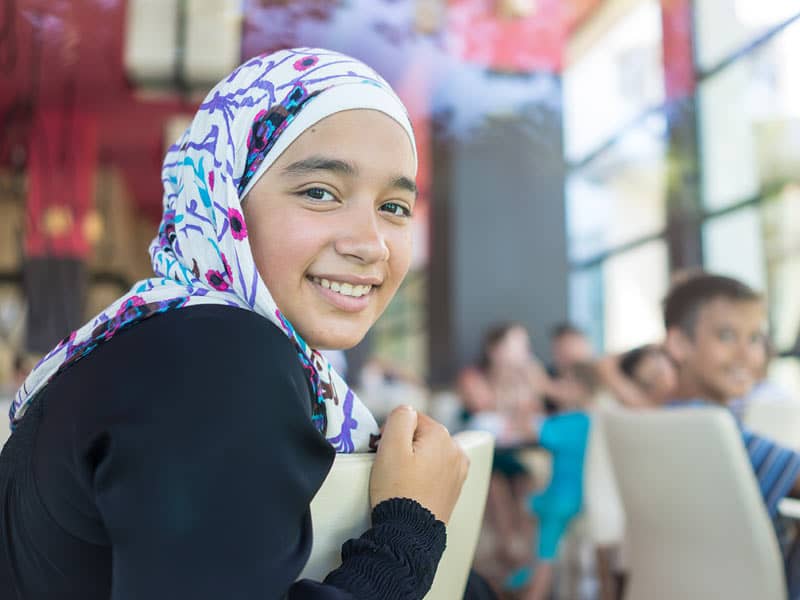Scores of Palestinian protesters were injured. Dozens of police, including the Jerusalem police chief, were hurt by rocks during the violence in the compound.
A dispute over who will control the area has blocked progress in Israeli-Palestinian peace talks. Tensions have been running high since Thursday when the hawkish Israeli opposition leader, Ariel Sharon, visited the compound to demonstrate that Israel was in control. A senior Palestinian official on Friday accused Sharon of igniting a ``religious war.''
On Friday morning, a Palestinian policeman opened fire on Israeli colleagues with whom he was patrolling the West Bank town of Qalqiliya. One Israeli officer was killed and a second wounded, officials said. The gunman was arrested by Palestinian police.
Later Friday, clashes spread to areas of traditionally Arab east Jerusalem as well as parts of the West Bank. In one Jerusalem neighborhood, a tourist bus was pelted with stones, and five passengers were injured. In the biblical town of Bethlehem, rocks littered the main road and thick clouds of black smoke from burning tires rose into the skies. One stone-thrower, his face covered by a black hood, was taken into a chokehold by Israeli troops.
The violence at the Jerusalem shrine, known to Jews as the Temple Mount and to Muslims as Haram as-Sharif, or Noble Sanctuary, began after Muslim noon prayers. As thousands of worshippers emerged from the two mosques in the walled compound, some began throwing stones at Israeli troops posted deployed nearby. At first, police stayed back, huddling behind tall plastic shields and firing rounds of rubber-coated bullets from the compound's Moghrabi Gate as a barrage of stones descended upon them. At one point, they charged forward, some wielding clubs, to push back the crowds.
In the mayhem, Palestinian protesters hit by rubber bullets fell to the ground and were carried away by their friends. One young man was unconscious, his forehead bloodied. Others held their stomachs and heads in pain. Shouts of ``Allahu Akbar,'' or God is great, rose from the compound.
Three Palestinians were killed, according to Khaled Qureia, the director of Mukassed Hospital in traditionally Arab east Jerusalem. Qureia initially put the death toll at four, saying a comatose patient hooked up to a respirator was among the dead. However, he later corrected himself, saying the patient was alive. In all, about 175 Palestinians were treated for rubber bullet injuries at Mukassed and nearby Augusta Victoria hospital, doctors said.
At one point, Israeli police ringed the hospital, triggering a barrage of stones by Palestinians who feared the troops had come to arrest some of the injured. Scores were hurt in renewed clashes.
Israeli's police chief, Yehuda Wilk, said police largely fired rubber-coated steel pellets, but that snipers also fired some live rounds at the Temple Mount, targeting protesters they felt endangered the lives of officers. It was not clear if those killed were hit by live fire. Rubber bullets can also be fatal.
The Palestinians blamed Sharon for the violence. ``The clashes are a continuation of the fire of the religious war which was ignited by Sharon's visit yesterday,'' said Nabil Aburdeneh, an adviser to Palestinian leader Yasser Arafat.
Israeli government officials were not immediately available for comment because of the Jewish New Year, which began at sundown Friday.
As the clashes raged, Sharon defended his visit to the holy shrine. ``The state of Israel cannot afford that an Israeli citizen will not be able to visit part of his country, not to speak about the holiest place for the Jewish people all around the world,'' Sharon told CNN.
The compound is site of the former biblical Temple, Judaism's holiest shrine. It is revered by Muslims as the home of two major mosques that mark the spot where tradition says Prophet Muhammad ascended to heaven.
The violence came at a time of deadlock in peace talks. Negotiations are hung up because of rival claims to sovereignty over the walled compound. Both sides have said they would not grant the other sole control. U.S. mediators have floated compromise ideas, but none has been accepted by both Israel and the Palestinians.

